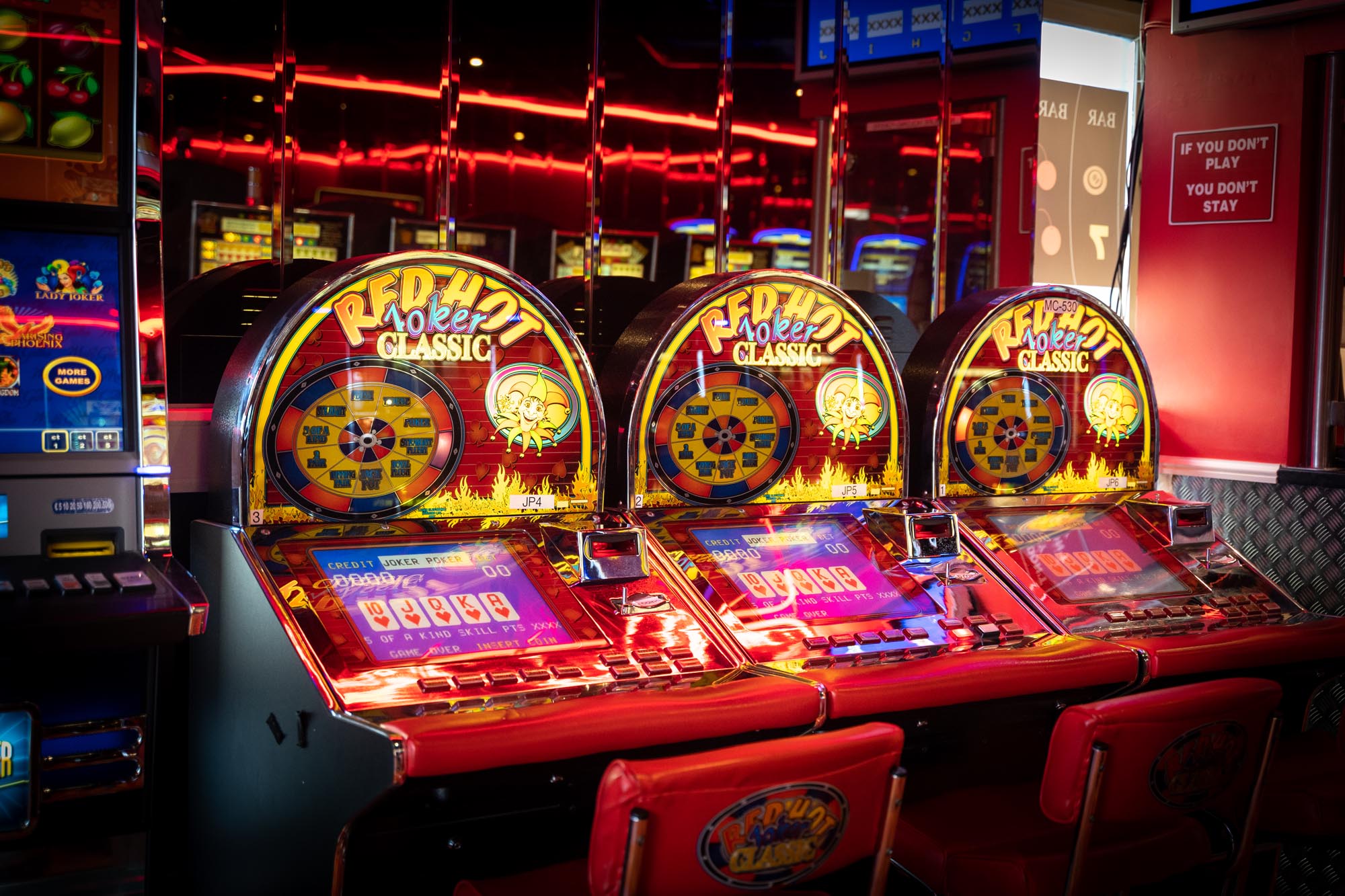In the world of gambling, in which chance and strategy meet, a unique tapestry of beliefs unfolds—one that weaves together luck, fate, and the enigmatic nature of casino games. Casinos, bustling with excitement and anticipation, are not just places for placing bets; they are also arenas where superstitions thrive. Ranging from the novice player to the seasoned gambler, these mysterious practices often shape how individuals approach the games they play, believing that their actions can influence the outcome in ways that go beyond mere probability.
As players gather around roulette wheels, blackjack tables, and slot machines, the atmosphere is thick with stories of lucky charms, rituals, and codified behavior that defy logic yet provide a sense of comfort. Whether it’s wearing a specific outfit, following a particular sequence of bets, or even avoiding certain numbers, the attachment to various superstitions reflects a deep-rooted desire to master the uncontrollable. rockstar66a.com This article delves into the captivating world of casino game superstitions, examining the beliefs that both entertain and mystify those who dare to play.

Cultural Beginnings of Superstitions
Betting activities have long been interwoven with an variety of superstitions that go back to ancient civilizations. The origins of these notions can be associated to humanity’s intrinsic desire to influence the uncertain outcomes connected with chance and chance. In ancient civilizations, activities of chance were often connected to ritualistic practices. Gamblers would call upon favor or ask for favor from gods, believing that their actions could influence the results in their benefit. This foundation laid the basis for the multitude of superstitions that developed as gambling evolved over centuries.
During the Middle Ages, gambling became a common pastime across European nations, and with it, a rich tapestry of superstitions emerged. Players adopted different rituals and charms, believing they could influence the results of games. The significance of numbers, in particular, started to manifest in superstitions related to card games and dice. The number seven was often considered lucky, while different numbers carried bad connotations. These notions mirrored the cultural contexts of the time, adapting as they moved through generations and transformed to emerging gaming environments.
As gambling houses appeared in the 17th century, particularly in the Italian peninsula and France, the atmosphere surrounding betting became imbued in mystique. The growing availability of casino games allowed for the dissemination and diversification of superstitions among players. Concepts like charmed charms, specific seating positions, and rituals gained prominence, creating a special culture within betting houses. As these traditions continued to thrive, they became integral to the essence of gambling activities, illustrating how history and society shape the notions that influence how participants interact with chance.
Popular Gambling Myths
Beliefs surrounding casino games are abundant and diverse, mirroring the hopes and fears of gamblers as they participate in chance-based activities. One of the most common views is that specific digits bring luck or misfortune. For example, the digit seven is often seen as a favorable number, frequently sought after by gamblers looking for a positive outcome. Conversely, the digit thirteen is routinely considered unlucky, leading many players to avoid it during their gambling periods.
Another common superstition relates to practices that gamblers believe can influence their odds. Whether blowing gently on dice before a roll, using a specific gesture to place a bet, or even putting on particular items of clothing, many individuals feel that these actions can tilt fate in their benefit. These practices offer a sense of power in an otherwise random environment, reinforcing the idea that luck can be manufactured through individual beliefs and customs.
Finally, the ambiance and atmosphere of the casino itself adds to superstition. Many players suggest that the presence of certain icons, such as four-leaved clovers or lucky tokens, can enhance their chances of winning. Additionally, gamblers might adhere to the belief that winning streaks can be halted by mundane events, such as someone passing by or a spill at the table. The shared atmosphere in a casino can amplify these beliefs, creating a communal culture of superstitions that transcends individual encounters.
Impact of Superstitions on Players
Beliefs play a significant role in the psychology of gamblers, often influencing their behavior and choices. Numerous gamblers think that fortune can be manipulated through different rituals, such as donning a talisman, choosing particular hues, or avoiding certain numbers. This dependence on superstitions can create a feeling of authority in an environment that is inherently unpredictable. Players often feel more confident and engaged when they believe that their actions could sway the outcome of a game in their favor.
The impact of these superstitions extends beyond singular players, affecting the overall atmosphere inside the casino. For example, a player who believes in the luck of a certain slot machine might attract a crowd, as onlookers are fascinated by their apparent luck. This shared belief can heighten excitement and create a lively environment, leading to an interesting experience even for those who may not necessarily be superstitious. The excitement around certain games can lead to increased participation and extended playing sessions, supporting the casino’s vibrant social scene.
In some instances, superstitions can lead to harmful effects for players. Depending too much on rituals can result in bad gambling decisions, as some may overlook basic strategies in favor of unfounded beliefs. Additionally, the pressure to perform rituals may increase anxiety and tension, diminishing from the pleasure of the experience. Ultimately, while superstitions can enhance the excitement of playing casino games, they can also lead to foolish choices that overshadow the fun and entertainment intended in the casino experience.